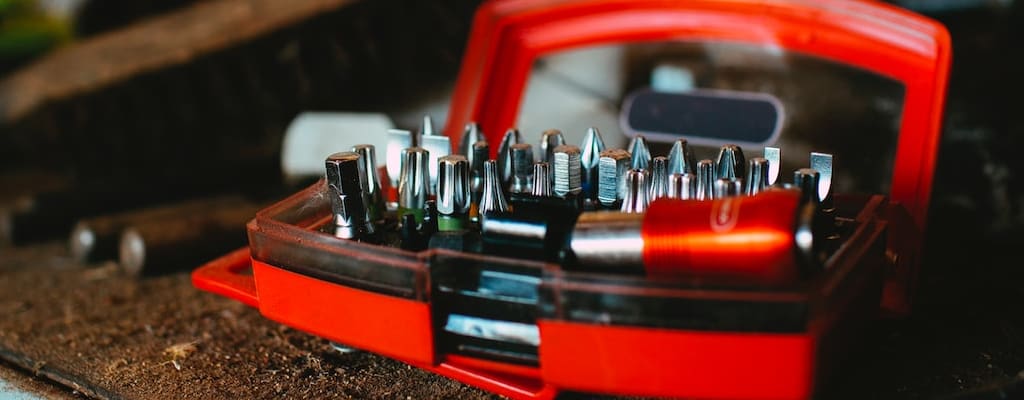make do: Idiom Meaning and Origin
What does ‘make do’ mean?
The idiom "make do" means to manage or cope with something, often with limited resources or in a less than ideal situation.

Idiom Explorer
The idiom "take care of business" means to handle or complete necessary tasks or responsibilities efficiently and effectively.
The idiom *play the hand one is dealt* means to make the best out of a situation or circumstances that one cannot control.
An idiom meaning to be in a difficult or challenging situation that needs to be resolved or fixed. It implies being in a state of trouble or inconvenience.
The idiom "nothing for it" means that there is no choice or alternative in a certain situation, and one must accept or do something despite not wanting to or not having any other options.
The idiom "might as well" means to do something because there is no more productive or sensible alternative. It implies that the decision to proceed is not based on enthusiasm or conviction, but rather on resignation or practicality.
The idiom "make the best of" means to accept a difficult or unfavorable situation and try to make it as positive or beneficial as possible.
The idiom "make light work of" means to complete a task easily or quickly without much effort or difficulty. It implies that the task was not challenging and required minimal time or energy to accomplish.
The idiom "make light of" means to minimize or downplay the importance or seriousness of something.
Unleashing Ingenuity: A Surprising Twist
The idiom "make do" is a commonly used expression in English that implies making the best of a less than ideal situation. It is often used to describe the act of managing with what is available or making use of limited resources to accomplish a task or achieve a goal.
The idiom can be traced back to the early 19th century in Britain and is believed to have derived from the combination of the verb "make" and the noun "do". When used together, the idiom conveys the idea of utilizing one's skills, creativity, and available means to overcome challenges or limitations.
The idiom "make do and mend" is closely related to "make do". While "make do" focuses on making the best of a situation, "make do and mend" emphasizes the additional aspect of repairing or fixing what is available. This idiom originated during World War II when resources were scarce due to rationing. People were encouraged to repair and mend items instead of buying new ones, further highlighting the importance of resourcefulness and making the best of what is at hand.
Another related idiom is "get by". Similar to "make do", "get by" describes the act of managing with what is available or making use of limited resources. However, "get by" also implies a sense of survival or getting through a difficult situation. It suggests that although the resources may be limited, one can still manage and survive by making the best use of what is available.
The idiom "make ends meet" is also connected to "make do". It refers to the idea of managing one's finances or income in a way that allows for basic needs to be met. When resources are limited, individuals may have to find creative ways to stretch their budget or prioritize their expenses. This idea of making ends meet reflects the resourcefulness and adaptability found in the idiom "make do".
Lastly, "make the best of" is another idiom that is closely related to "make do". It conveys a similar meaning of making the most out of a situation or making the best use of what is available. "Make the best of" emphasizes the idea of finding satisfaction or contentment in the process of making do, highlighting the positive attitude and resilience needed in challenging circumstances.
The idiom "make do" carries a universal appeal as it encourages individuals to make the best of a less than ideal situation. It originated in 19th century Britain and gained prominence during times of scarcity and hardship, such as World War II. The idiom has since evolved to encompass a broader range of situations where individuals navigate challenges by finding innovative solutions or adapting to circumstances. Its related idioms, such as "make do and mend", "get by", "make ends meet", and "make the best of", further emphasize the importance of resourcefulness, resilience, and adaptability in overcoming limitations. Overall, "make do" serves as a reminder that even in the most challenging circumstances, there are possibilities for creativity and contentment.
Example usage
Examples of how the idiom "make do" can be used in a sentence:
- After losing power during the storm, we had to make do with candles and blankets.
- I didn't have any milk for my cereal, so I had to make do with orange juice.
- She didn't have all the materials for her project, but she managed to make do with what she had.
More "Adapt" idioms



